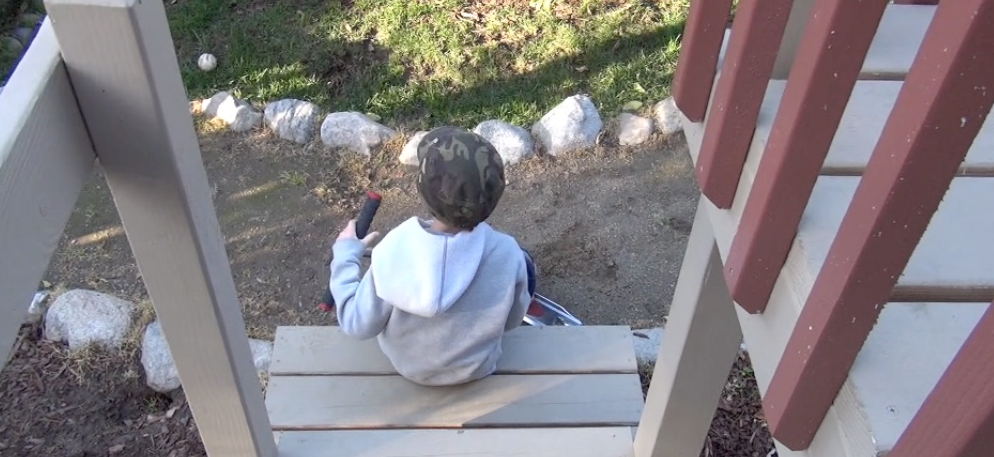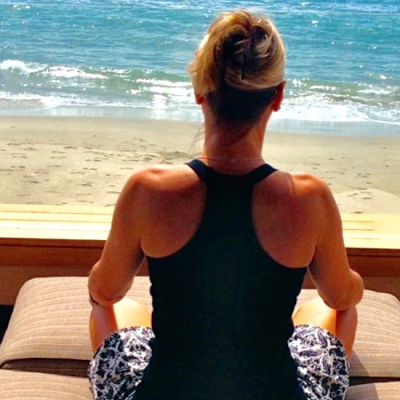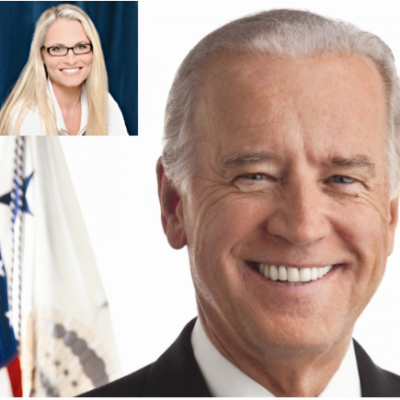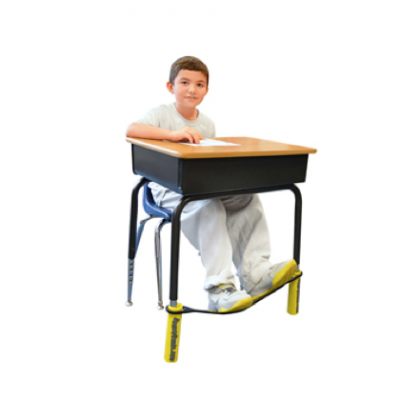Be Kind to Everyone You Meet: How Mental Health Issues Permeate the Whole Family

“Be kind, for everyone you meet is fighting a hard battle.” Plato/IMaclaren
As Joseph Addison said, “Three grand essentials to happiness in this life are something to do, something to love, and something to hope for.” But in my 7 year-old son’s case he seems to be in a never-ending cycle of sadness, rage and resentment. I’m the mother of two boys with very different temperaments from one another. My 12 year-old is Buddha-like calm and collected and my 7 year-old is tornado-like brilliant artist diagnosed with Auditory Processing/Executive Functioning Disorder. As of late, we know he’s more in line with Disruptive Mood Dysregulation Disorder (DMDD)…I love my boys dearly and they are both the heart and soul of my being.
When my second child was born in 2006 I launched The Go-To Mom web series. It wasn’t until my son turned three years old that my life spun completely out of control. Back then my toddler sucked me in the warp of his fidgeting, emotionally angry world and the only way for me to deal with him was to take a year off from work to sort out my mental health needs as well as his. Each day I felt like I was riding a wild horse with out any reins and direction. I thought I knew how to run a healthy household and successful business by having super strong boundaries and by putting my foot down to be sure every one gets what they rightfully deserve. But that’s not always easy. For me, I am whole-heartedly connected to my kids. I am not my work. For many years I thought I was both, that I could balance both of these entities seamlessly. I felt like I was slowly chipped away by work and by dealing with my son and his challenging moods and disruptive episodes. It has been a tireless progression of constant intervention. I thought I am his mother, and knew I had to turn work down to deal with him.
As the years went on, my son got worse. We found that his sensory processing disorder/DMDD/impulsivity was a neurological issue; therapy and more strict discipline didn’t cut it. We had to restructure our lives and the way we interacted with him. And yes, that meant not working for long periods of time. My son’s inability to control his impulses was a huge turn off to most kids, so making and keeping friends was a challenge for him. He is a highly social creature, happy, loving and so willing to learn. But his lack of social etiquette and short temper left him often alone. So that meant we had to provide most of the social interaction and daily activity for him until he learned to master things on his own. It was heartbreaking and eventually threw me into the tide of my own childhood issues of feeling completely helpless. I can walk away from a bad business deal or an insincere hurtful statement from someone, but I can’t be indifferent to the fact my boy couldn’t keep friends. I adore my friends — that’s what makes life so colorful and interesting. Friends are the cushion of life. It sadden us that our son couldn’t experience a genuine friendship yet.
Being conscious of our kid’s life experiences is a good thing. It allows us to advocate for them. Letting things happen, or waiting for a sign of abnormal development could be detrimental. Early intervention is key if you see something is not right with your child. If you catch the problem early than the prognosis is better.
When my child is rejected, I’m rejected. It hurts me like it hurts him. The toughest part of this process is over-identifying with my kids. Just when I think I’m living in full awareness, and practicing mommy mindfulness my son does something that triggers an old emotional response for me. I try to breathe and let it pass. Since I grew up in violent household, my OCD easily gets triggered and throws me into a tizzy at the innocent drop of a cup full of juice. I take a breath; hold back the old dramatic response of wanting to scream and kneel down to rigorously mop up the mess. Instead I remember I am a mother who is suppose to be role model… And I don’t want to to waste my energy on spilled juice, which is an insignificant moment that means nothing. And for me my son is everything.
I would think how could a human being only 3 feet tall have this much power over me? It seemed an impossible task to figure out a way to have a good relationship with him. He clearly needed me to be patient and understanding. I remember one night crying on the bathroom floor with him – he kept hitting me. I wanted to hit him back… Everything we find dysfunctional with our immediate family or things that deeply set us off is really our issue. Until we resolve our personal vendetta within our selves our children and loved ones will continually suffer. I needed to completely change my perception of my life to deal with my situation, which made dealing with my son possible. All human beings on a subconscious level know we are responsible for the quality of our own life experiences, even children we know this. That is why children internalize pain. Kids truly feel bad things happen possibly because of something they did. My job is to be sure my son learns to be confident and knows that he is loved no matter what. I have to remind myself that my son needs intervention and help, not a fed-up mother… I have to consciously attend to my emotional growth and mental health because it helps me deal with my son and family more humanely.
Dealing with a special needs situation sometimes requires a combination of thorough Neuropsych assessments, therapy for child, family therapy, good books on high energy kids and ADHD, school accommodations, family restructuring, diet alteration, medication, body work, deep breathing exercises, visual imagery and reaching out to other families to see what’s worked for them. Most of all working on your own mental health as a parent is of utmost importance…because neglecting the role as a parent will only make things worse.
“We do not have to qualify to be loved. Love is our birthright. Love just is. Love is who and what we are.” Michael Brown
The most helpful resources for my family have been Dr. Ross Green’s Book, “The Explosive Child.” and his website tools at LivesInTheBalance.
As well as Dr. Shefali’s book, “The Conscious Parent.“
For more information on learning disabilities visit: http://www.ncld.org
What is and isn’t a learning disability (LD)? LD is more than a “difference” or “difficulty” with learning—it’s a neurological disorder that affects the brain’s ability to receive, process, store and respond to information. LD will vary in how it impacts each individual child, adolescent and adult. Understanding the basic facts will enable you to help yourself, your child, or someone you know to be a well-informed and effective advocate.



